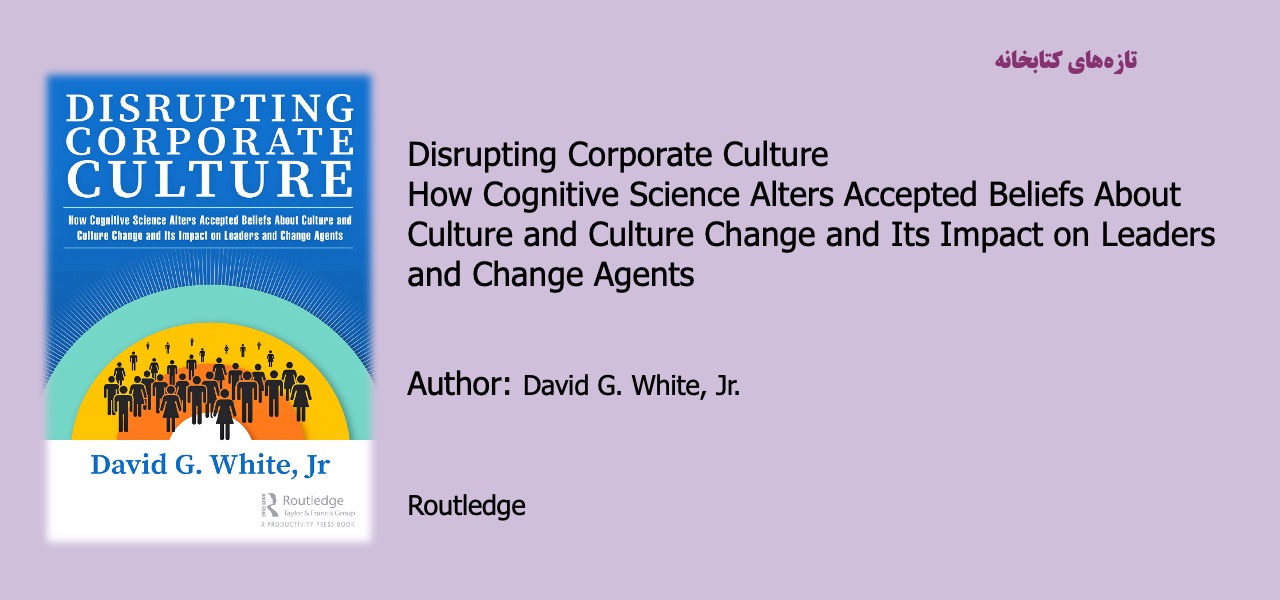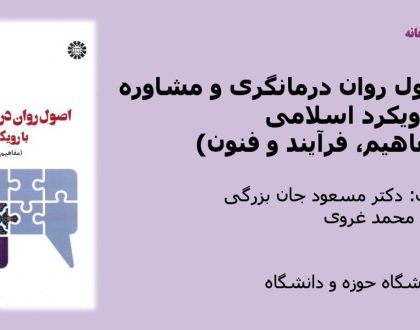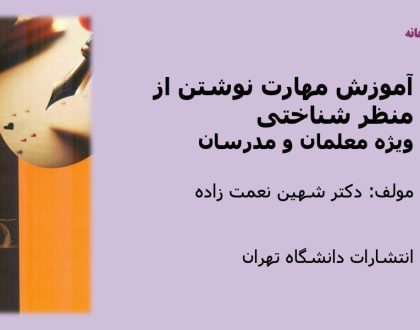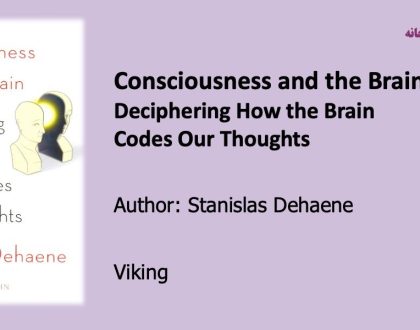Disrupting Corporate Culture – How Cognitive Science Alters Accepted Beliefs About Culture and Culture Change and Its Impact on Leaders and Change Agents

This book is about dilemmas. Although its title is Disrupting Corporate Culture, on the eve of the Fourth Industrial Revolution culture may not be in any need of disrupting. This is because the world of work and organization as we know it may be gone within 50 years. The convergence of biotechnology, nanotechnology, artificial intelligence, and robotics may render the idea of corporate culture a quaint artifact of the late 20th century as workers turn into robots, or become robot-like on account of the “steady stripping of human judgment” from work. Corporations as we know them won’t need to exist because robots and brain–machine interfaces will perform most of the work, and what’s left will be done by highly skilled human free agents collaborating across constantly evolving global networks in a hyperconnected world. On the other hand, consider that on the eve of the Fourth Industrial Revolution, culture, as the natural byproduct of what happens when humans form into groups and communities to accomplish a task, may be the single most important phenomenon of organizational life. This is not just because that in all of the social-media–fanned hyperventilation the concept in mainstream use is not well understood, or perhaps, profoundly misunderstood. As we arrive at the first quarter of the 21st century, the corporatization of our world is being assailed by some as the end of freedom and democracy, the takeover and corruptor of governments, and the primary perpetrator of global warming, among other social and environmental evils attributed to the modern enterprise. Today we live in a world ruptured by Cambridge Analytica and Equifax scandals, where Google is linked to enabling child pornography, and where companies like Facebook are accused of creating platforms based on “amoral” algorithms.
مطالب مرتبط

اصول روان درمانگری و مشاوره با رویکرد اسلامی (مفاهیم، فرآیند و فنون)
۲۶ / بهمن / ۱۴۰۳

آموزش مهارت نوشتن از منظر شناختی
۲۶ / بهمن / ۱۴۰۳


